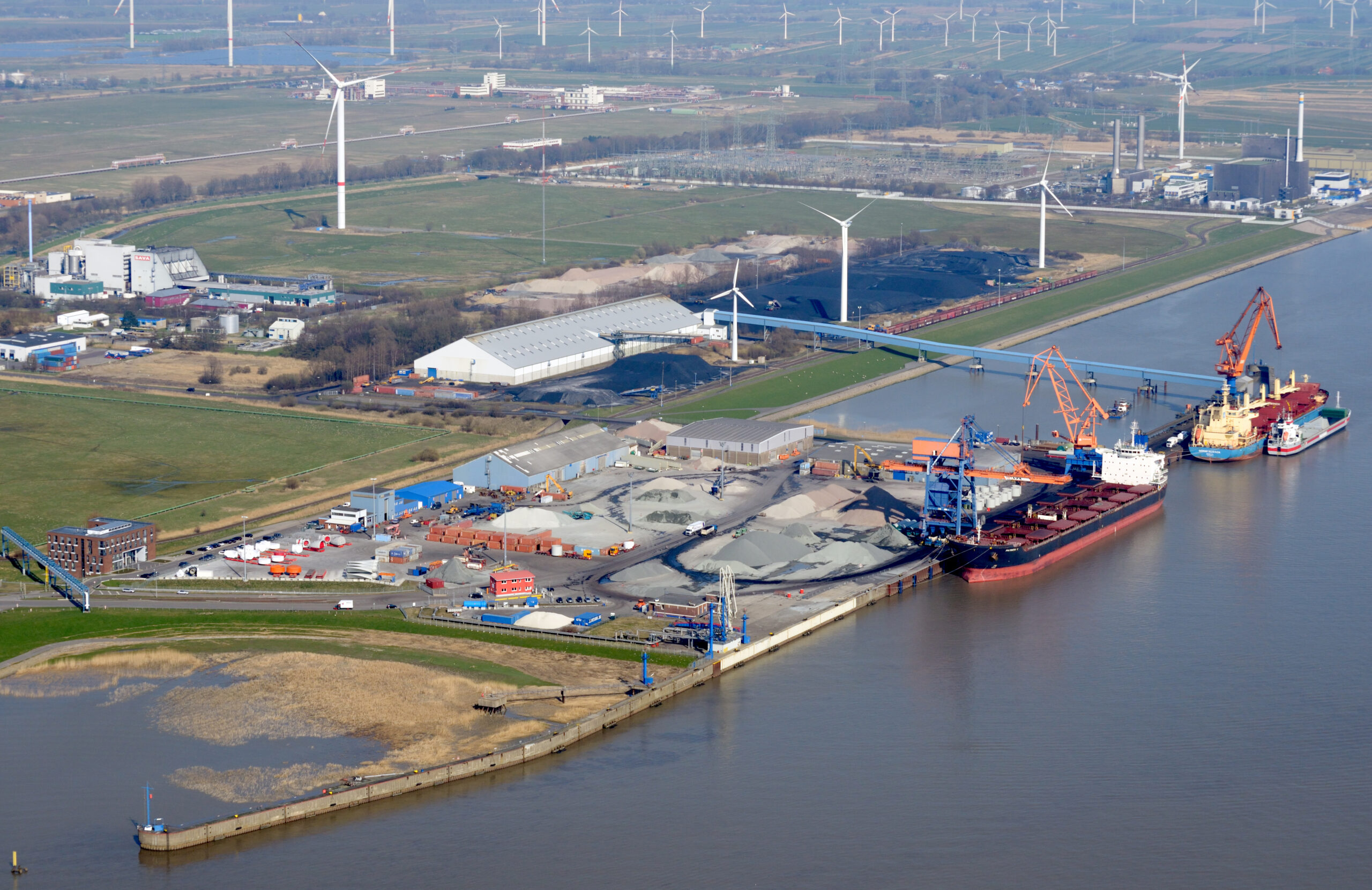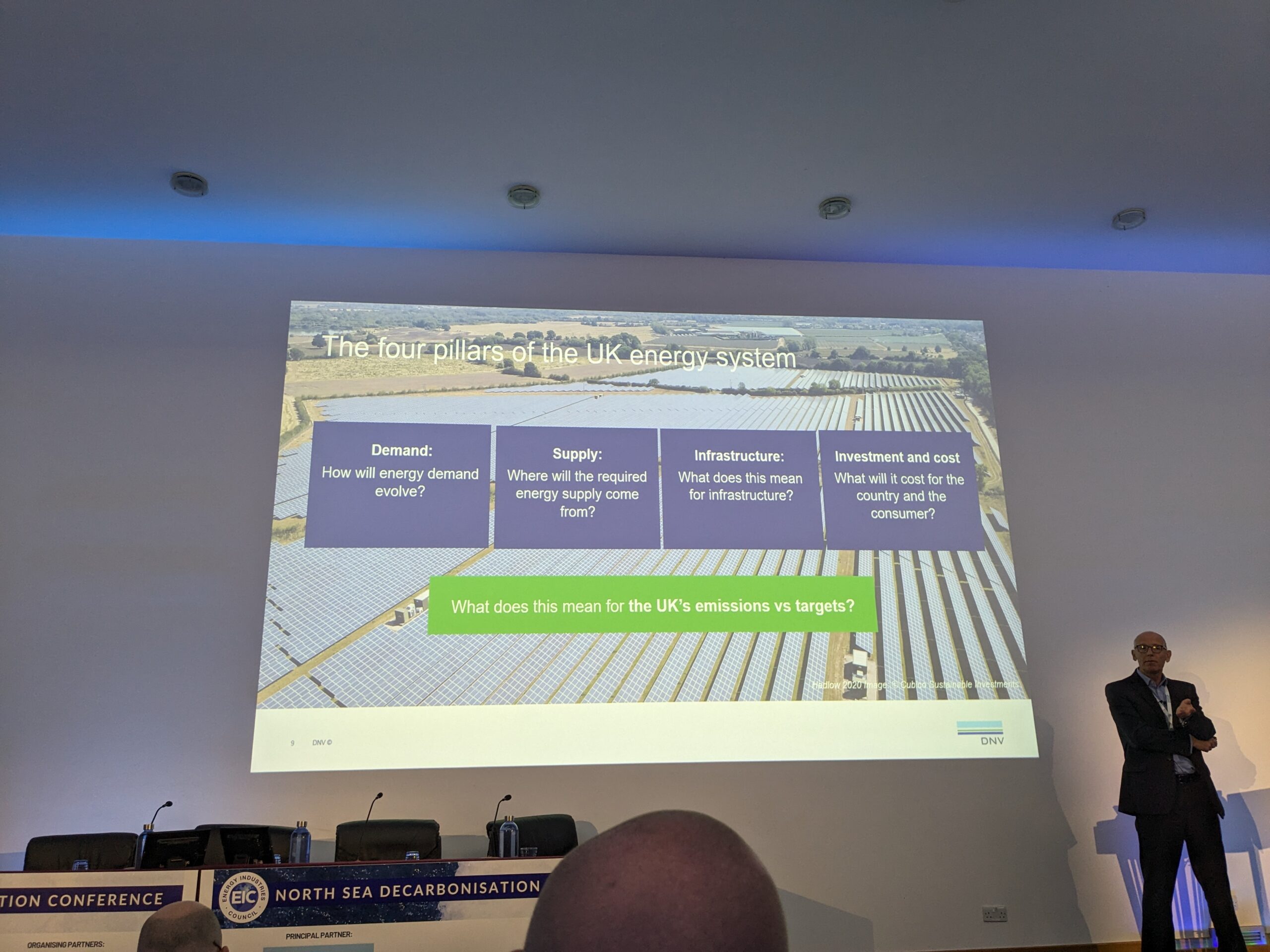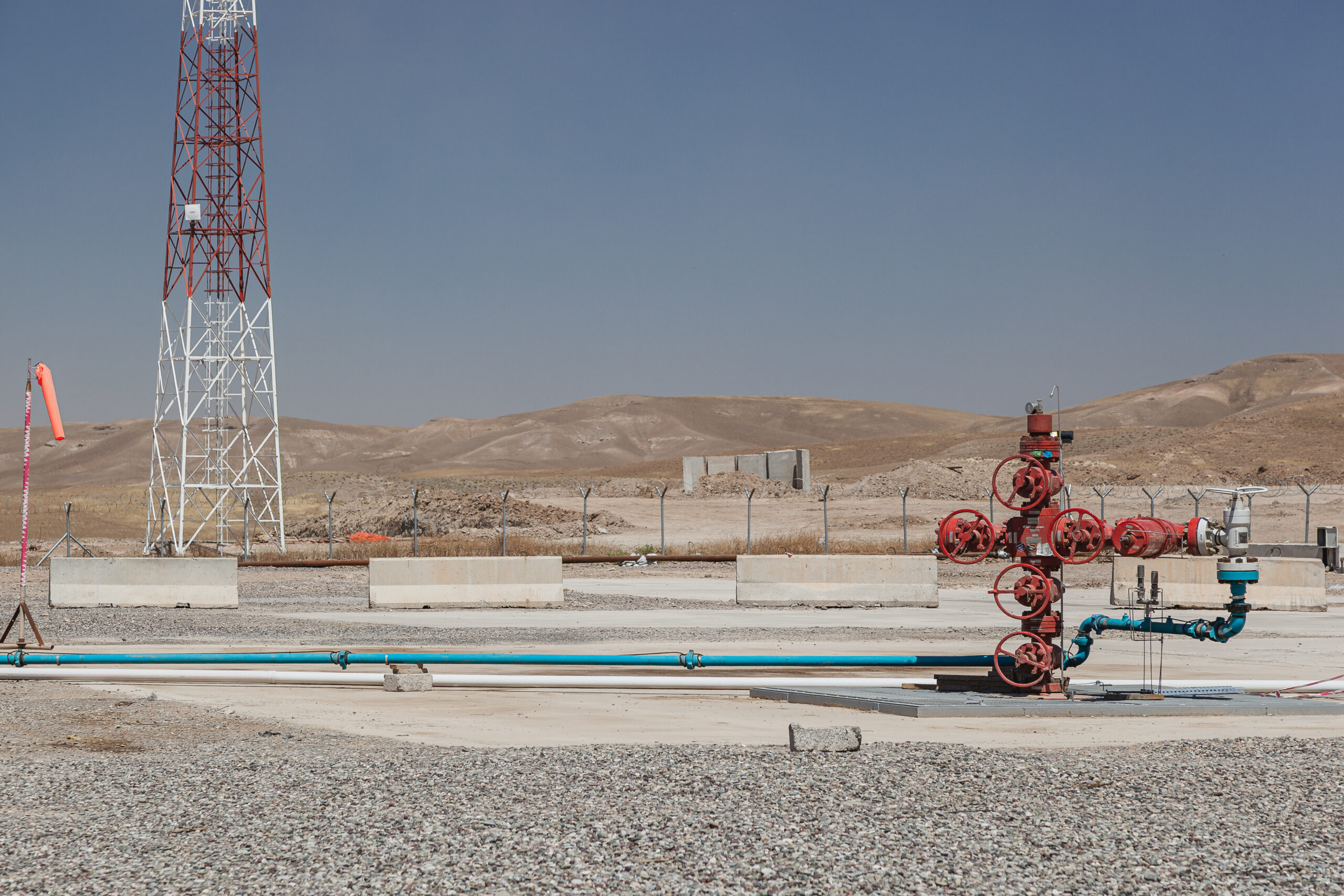Nigeria-Germany gas deal raises decarbonisation concerns
A new Nigeria-Germany gas export deal has raised concerns about potential impact on decarbonisation targets.

Nigeria and Germany have signed a deal on gas exportation from Nigeria as of 2026 while simultaneously inking a deal to invest $500 million in renewable energy projects in the African country.
Nigeria’s Riverside LNG of Nigeria and Germany’s Johannes Schuetze Energy Import signed the MoU on the gas export partnership between both countries.
The CEO of GasInvest, David Ige, who signed the MoU on gas supply, said the Riverside LNG project aims to supply energy from Nigeria to Germany, reducing flared gas in Nigeria to about 50 million cubic feet per day.
”The project will supply energy from Nigeria to Germany at 850,000 tonnes per annum, expanding to 1.2 million tonnes per annum. The first gas will leave Nigeria for Germany in 2026, and there will be further expansion. This will extinguish about 50 million cubic feet per day of flared gas in Nigeria and open alleyways of new and greater exports of gas to Germany,’’ he said.
The Chief Operating Officer of Johannes Schuetze Energy Import, Frank Otto, described the partnership as a “big deal” for the German market.
Germany requires significant amounts of LNG to fuel its power-hungry economy. The country halted the supply of Russian pipeline gas due to the Russia and Ukraine war in 2022 and turned off its last nuclear power reactors in 2023.
The signing of the new deal between both countries is seen as a positive economic collaboration because it will meet gas demand needs of Germany. However experts have expressed concern that it could lead to setbacks in achieving decarbonisation targets set by both countries.
At COP26, Germany was one of 39 nations and financial institutions to ratify a commitment to halt public funding for foreign fossil fuel projects by the end of 2022. A report noted Germany plans to support new gas projects in developing countries until 2029, which is a potential breach of its commitment to end international fossil fuel financing.
Nigeria also pledged at COP26 to achieve net zero emissions by 2060. To further strengthen the country’s commitment to achieving decarbonisation, Nigeria launched its energy transition plan (ETP) in the build-up to COP27. This plan aims to transform the global energy sector from fossil-based to zero-carbon by 2060. Nigeria’s ETP sets a timeline and framework for reducing emissions across five key sectors: industry, power, transport, oil and gas, and cooking. The major sectors are cumulatively responsible for 65% of greenhouse gas emissions estimated at ~275 Mt CO2e.
Impact on renewables investment
Dr Ayodele Oni, a partner at Bloomfield Law Practice, reacting to the new deal on gas exports, said it will result in challenges in meeting decarbonisation targets set by both countries. He said that natural gas is believed to be a transition fuel, albeit in the short to medium term.
“It could, therefore, be regarded as a stand-in for ‘dirtier’ fuels. It is a cleaner fuel in the sense that burning it produces lesser conventional air pollutants, like sulphur dioxide and particulates, than does, burning coal or oil. For example, since 2010, coal-to-gas switching has saved around 500 million tonnes of CO2,” he said.
However Oni pointed out that while natural gas might help the energy transition by reducing emissions compared to other fossil fuels, there are other long-term implications of investing in natural gas which can work against reaching climate goals.
“One concern is that investments in natural gas might crowd out investments in renewable alternatives. In addition, more investment in natural gas can lead to the crowd-out effect – this happens when natural gas (as a bridging transition fuel) siphons investment from renewables such that investments in natural gas leads to continued investments in other fossil fuels, because of the accompanying reinforcement of the fossil fuel infrastructure, and diminish investments in renewables,” he said.
“However, Nigeria’s policy should first be around energy security and addition and the reduction of the energy poverty of its people. Nigeria would keep its eye on transition. However, a just transition is critical,” he ended.
Damilola Hamid Balogun, Chief Executive Officer of the Youth Sustainable Development Network, said that on the positive side, these agreements exemplify a significant economic collaboration between Nigeria and Germany.
“The renewable energy pact and gas export deal could potentially pave the way for huge investments in renewable energy projects in Nigeria. In line with the Nigerian Energy Transition Plan, this has the chance to bring about rural development and provide access to cleaner energy in underserved communities while also addressing the issue of gas flaring.”
The energy transition expert also noted that while natural gas can serve as a transitional fuel, there are concerns about its impact on net zero. He said, “Despite being cleaner than some fossil fuels, it still contributes to carbon emissions. The commitments made in these agreements might inadvertently lead to reliance on fossil fuels, potentially delaying the transition goals of both countries.
“Therefore, while acknowledging the economic benefits and the potential role of gas, it is important that both Nigeria and Germany ensure that these agreements align with their long-term decarbonisation objectives. I believe that balancing economic gains with sustainability is essential, emphasising the need to channel investments into renewable energy projects and maintaining a commitment to meeting the targets set in the Paris Agreement.
“What this balance means is that, while we are fostering economic growth, which is very important for Nigeria at this point in time, we are also mitigating climate impacts, ensuring a sustainable future for both nations,” he added.



